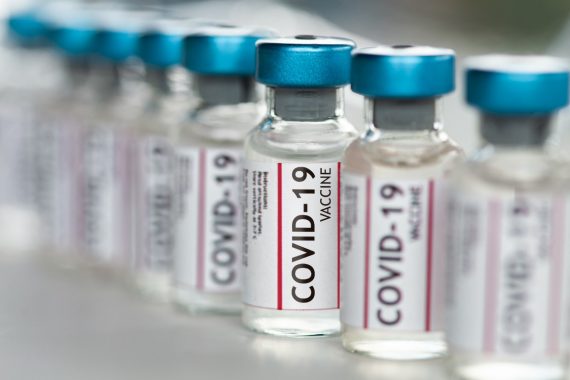Researchers could report on interchangeability of Covid vaccines by next month

Exclusive Researchers are expecting to announce preliminary results from a study into whether Covid-19 vaccines can be used interchangeably by May or June, Pulse has learned.
The University of Oxford revealed the timeline after announcing that the study has been extended to include the Moderna and Novavax vaccines, in addition to Pfizer and AstraZeneca.
The Government commissioned the study, which has to date examined using the AZ and Pfizer vaccines interchangeably through four different combinations, in February.
A University of Oxford spokesperson told Pulse that preliminary findings on early vaccine reactions are expected ‘shortly’, with findings on ‘immune responses’ to be released in May or June.
The extended study will continue to compare immune system responses between the first and second vaccine doses and any adverse reactions to the ‘gold-standard’ responses reported in previous clinical trials of each vaccine.
It will recruit 1,050 further adults aged over 50 who have received their vaccine first dose in the past 8-12 weeks.
Volunteers, who will have received either the AstraZeneca or Pfizer vaccine, will be randomly allocated to receive either the same vaccine for their second dose, or one produced by Moderna or Novavax.
The aim is to explore whether the multiple Covid-19 vaccines that are available can be used more flexibly, with different vaccines being used for the first and second dose.
University of Oxford associate professor in paediatrics and vaccinology Matthew Snape, lead researcher on the trial, said: ‘If we can show that these mixed schedules generate an immune response that is as good as the standard schedules, and without a significant increase in the vaccine reactions, this will potentially allow more people to complete their Covid-19 immunisation course more rapidly. This would also create resilience within the system in the event of a shortfall in availability of any of the vaccines in use.’
A University of Oxford spokesperson added: ‘If the study shows promising results, the MHRA and JCVI would assess the immune responses and safety of any new vaccination regimen before reaching any decision on implementation.’
The news comes as the Moderna vaccine rollout began in England today, offering another alternative to the AstraZeneca vaccine for under-30s amid concerns over a possible link to rare blood clots.
However, while the under-30s will be offered an alternative first dose to the AZ vaccine, those who already had the AZ vaccine as their first jab should still be given a second AZ dose, according to JCVI advice.
GPs have been told they can only swap vaccines in ‘exceptional circumstances’, although the ‘general rule’ remains that the same vaccine should be given for both doses.
Pulse October survey
Take our July 2025 survey to potentially win £1.000 worth of tokens

Visit Pulse Reference for details on 140 symptoms, including easily searchable symptoms and categories, offering you a free platform to check symptoms and receive potential diagnoses during consultations.









